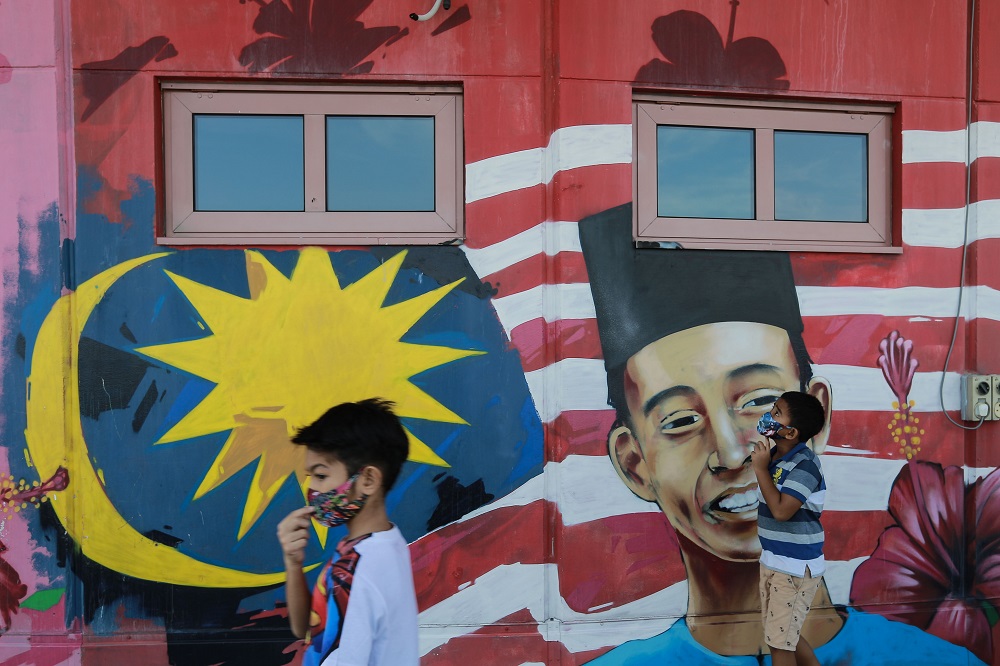KUCHING, March 8 — Minister of Women, Childhood and Community Wellbeing Development Datuk Seri Fatimah Abdullah today urged for the state government to be granted control over the issuance of citizenship to stateless persons born in Sarawak, especially children.
She said this is important because it will enable the affected children to have the same rights as children with Malaysian citizenship status, especially in education.
“Since the setting up of the special committee on citizenship under Article 15A of the Federal Constitution, a total of 969 applications for citizenship have been received from 2016 to October 22, 2021,” she said when speaking at the state-level Women’s Day celebration here.
She said only 253 applications have been approved as of today, while the remaining are still under consideration.
“What is most regrettable is that while waiting for the decision of the federal Home Affairs Ministry, these children are denied receiving or enjoying children’s rights, such as education, health, employment opportunities and receiving welfare aids,” Fatimah said.
“We urge our Sarawak Premier Tan Sri Abang Johari Openg to bring up the issue with Prime Minister Datuk Seri Ismail Sabri Yaakob so that as an autonomous region, we should be given a special power to solve the stateless issue by ourselves,” she said.
Fatimah also called for more women to be appointed at the decision-making level in the public sector, saying that since the policy was introduced in 2004, women represented 17 per cent in Sarawak compared to 37 per cent at the federal level in 2020.
She said 15 women, representing 3 per cent, were appointed as community leaders while 535 women or 9 per cent were appointed as village chiefs or village headmen up to January this year.
She added that 12 women, representing 15 per cent, were appointed at the highest management level of the state public sector, even though 47.19 per cent or 1,840 women are in management and professional groups.
“It is hoped that by 2030 we aspire to achieve at least 30 per cent to be actively and meaningfully involved in leadership decision making across all sectors,” she said.



















